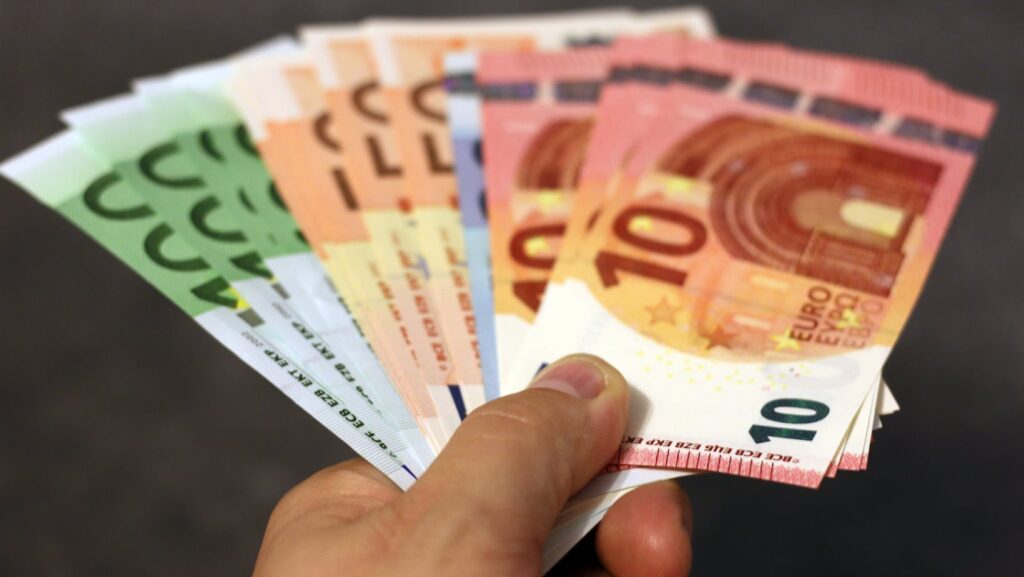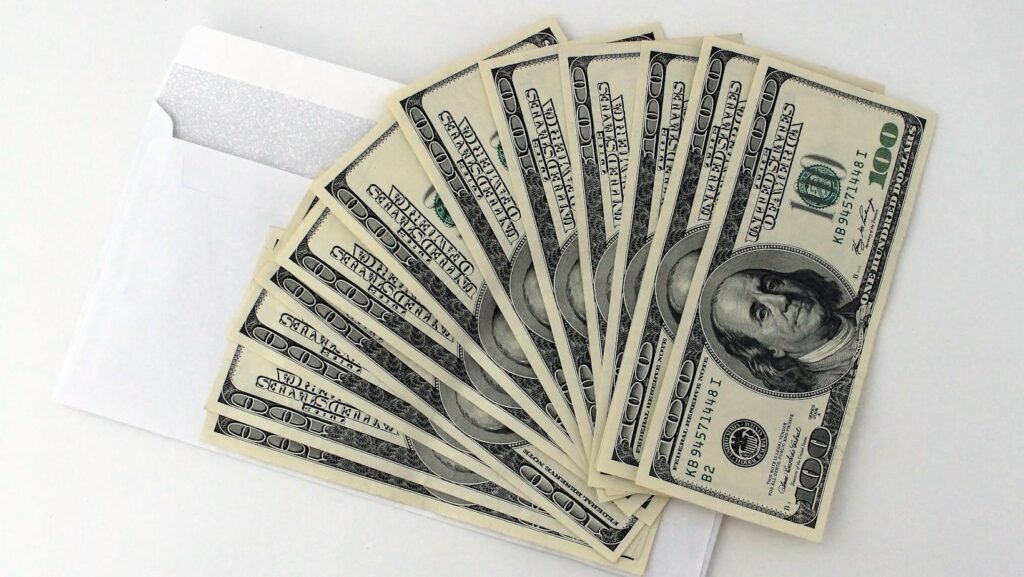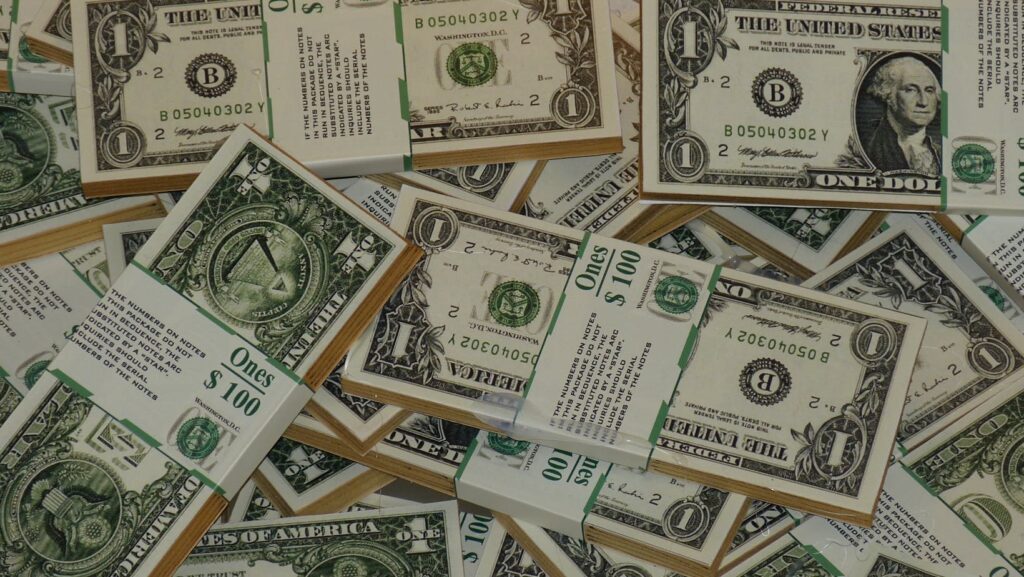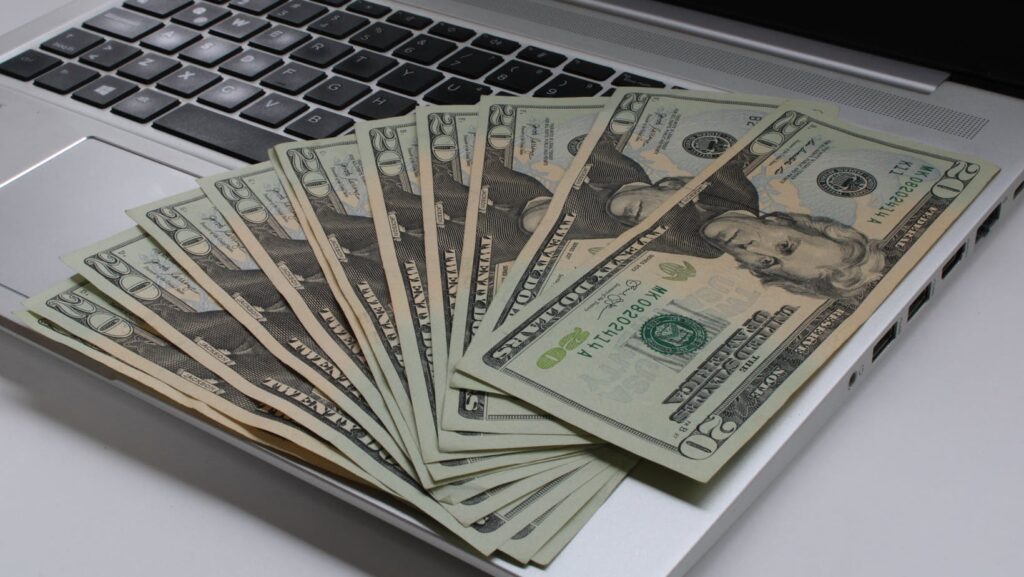In the vast and colorful world of English language, there’s a rich array of slang and synonyms to describe one universal concept: money. From the hip-hop culture’s ‘Benjamins’ to the Wall Street’s ‘greenbacks’, the language we use ways to say money is as diverse as the people who use it.
Ways to Say Money

In the English language, the ways to say money are manifold. The diversity in describing financial wealth, from a historical standpoint to regional fluctuations in the US, significantly adds to the lexicon.
Historically, English speakers have employed a substantial array of slang terms to signify ‘money.’ One distinctive term, ‘dough,’ was in common parlance in the 19th century, typically projecting wealth as a vital ingredient for survival, much like the dough in breadmaking. Similarly, ‘moolah,’ originating during the late 19th century, earmarks the speakers’ reference to monetary possessions.
Common Money Idioms and Their Meanings
Understanding Phrases Like “Bread” and “Dough”
“Bread” and “dough,” two staple foods, have long served as synonyms for money in the English language. Both idioms trace their roots back to a basic association: much like bread and dough, money is considered essential for sustenance and survival.
For example, “He’s raking in the dough” implies that the individual in question makes a lot of money. Another expression, “She’s short on bread,” indicates that she doesn’t have enough money. These phrases showcase how commodities integral to human survival, like bread and dough, eventually evolved into metaphors for wealth.
The Stories Behind “Bucks” and “Benjamins”

Exploring the narrative stitched into idioms often unspools intriguing stories. Take, for instance, the term “bucks.” Originally, in the 18th-century America, deerskin or ‘buckskin’ was a common medium of trade, hence the usage of “bucks” as a slang for money.
“Benjamins,” another American idiom for money, has a more contemporary origin. The term refers to $100 bills, which bear the image of Benjamin Franklin, one of the Founding Fathers of the United States. When someone says, “He’s got a lot of Benjamins,” it means the person has substantial wealth.
Through examples like “bucks” and “Benjamins,” it’s evident that linguistic evolution often mirrors the societal and economic changes in a given culture or era.
How Popular Media Influences Money Slang

Music and movies, cornerstones of modern pop culture, mold our financial lingo. Hip hopping from city to city, for instance, has boosted the term ‘paper’ (think Jay-Z’s Empire State Of Mind – “I made the Yankee hat more famous than a Yankee can, now I’m in the paper more than trees are…”). Similarly, the world of cinema isn’t shy to throw around some ‘chips’ (Casino – “Listen here, if you didn’t put Mickey Cohen in stir, who did? – Who the hell knows? I’m losing chips here!”). These examples, pulled from tunes and silver screens, exemplify the relationship between media genres and the evolution of money slang.
Shift gears to the online domain, and we encounter a completely new set of jargon. Social media platforms and internet culture give birth to creative, quirky nicknames for money like ‘e-dough’ or ‘crypto.’ A mention of ‘Bitcoins,’ ‘Nitros,’ and ‘Ethereum’— referencing popular digital currencies— also fills online conversations nowadays. Lively discussions on platforms such as Reddit’s trending WallStreetBets forum further foster the use of internet-specifc money slang like ‘tendies’ (profit), enhancing the dynamic lexicon of monetary synonyms.
Evolution of Money Slang
It’s clear that language is a living entity, continually evolving and transforming, and this is especially true when it comes to ways to say money. With roots in history and regional dialects, traditional terms like ‘dough’ and ‘moolah’ have stood the test of time. Yet, they’ve also been joined by a wave of new synonyms influenced by popular culture and the digital age. From the silver screen to the music charts, and even the world of social media, these platforms have played a pivotal role in shaping our financial lingo.

